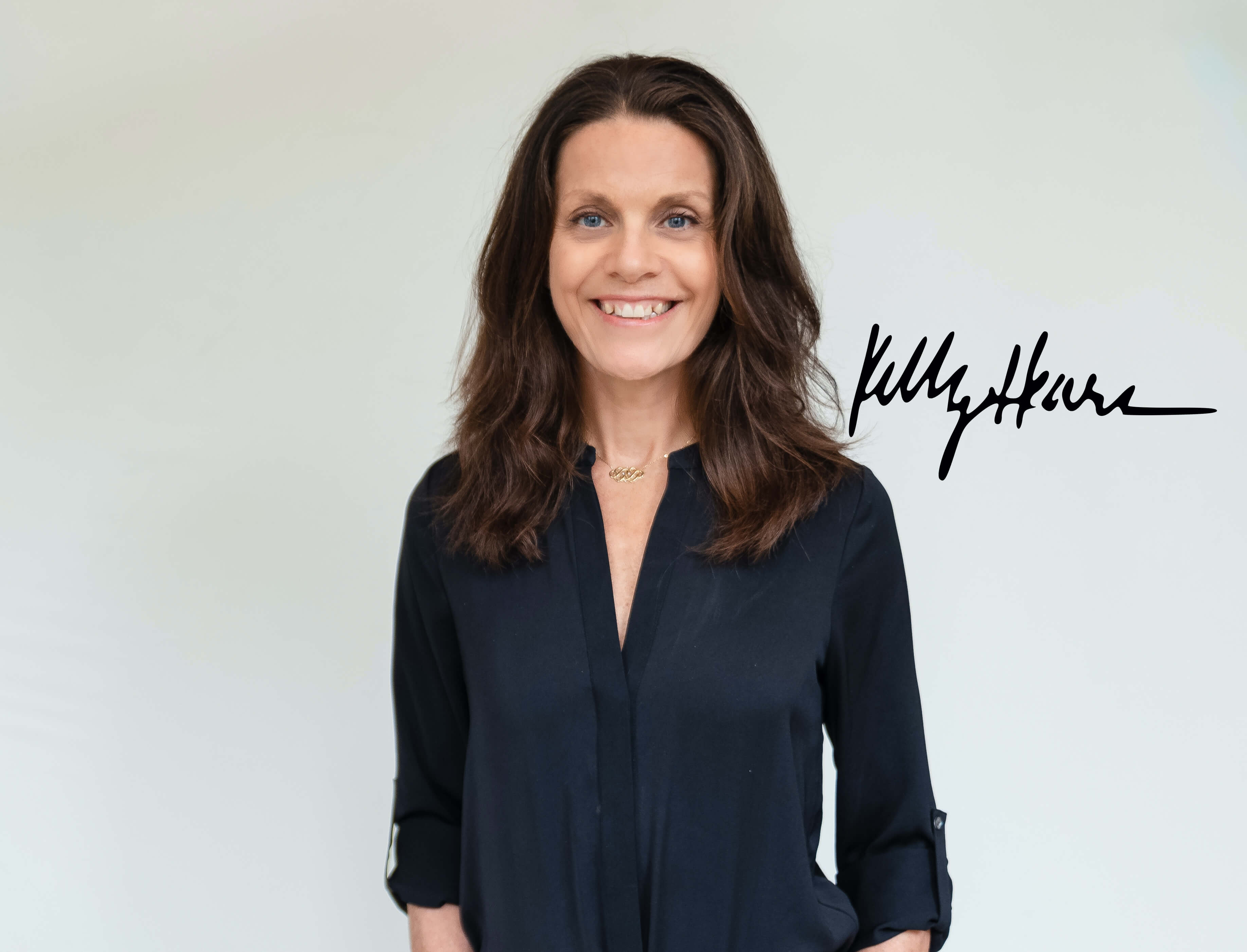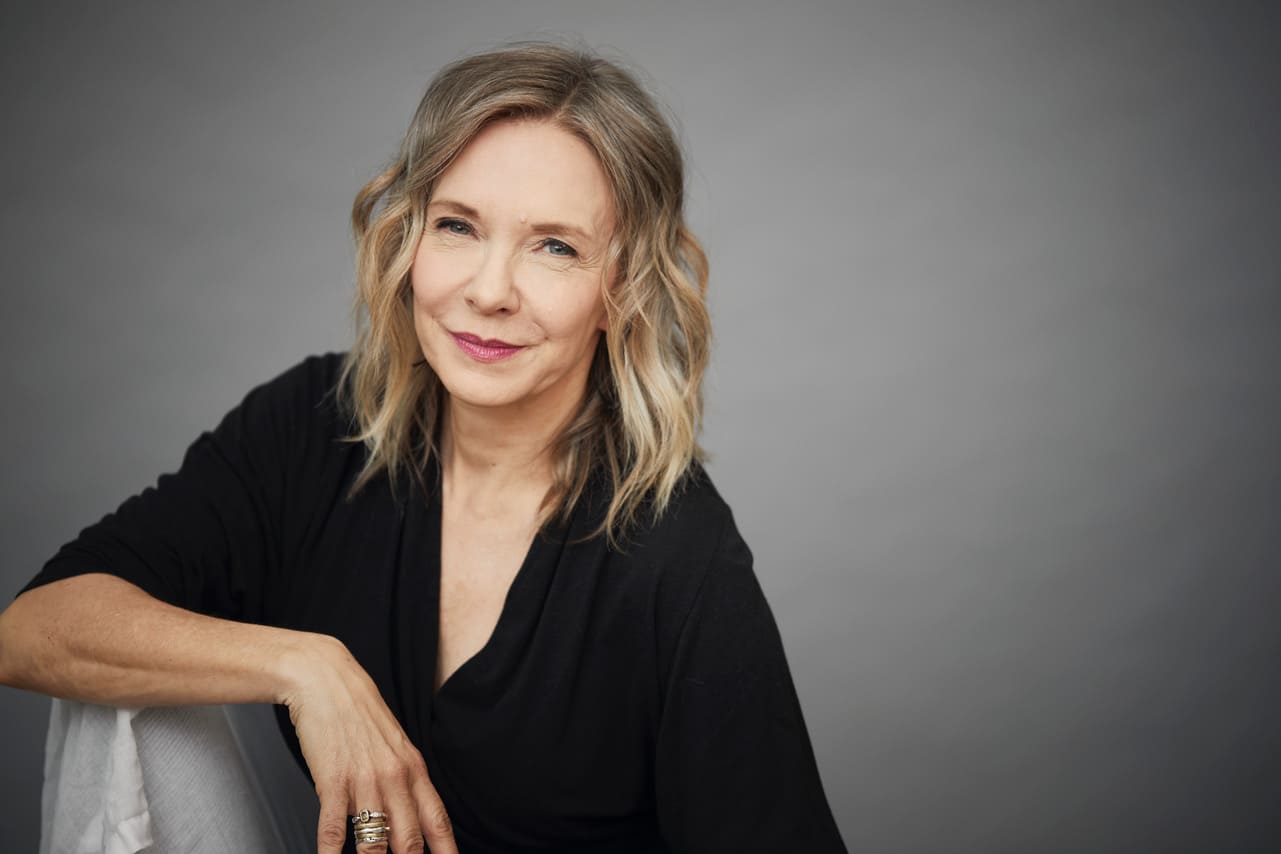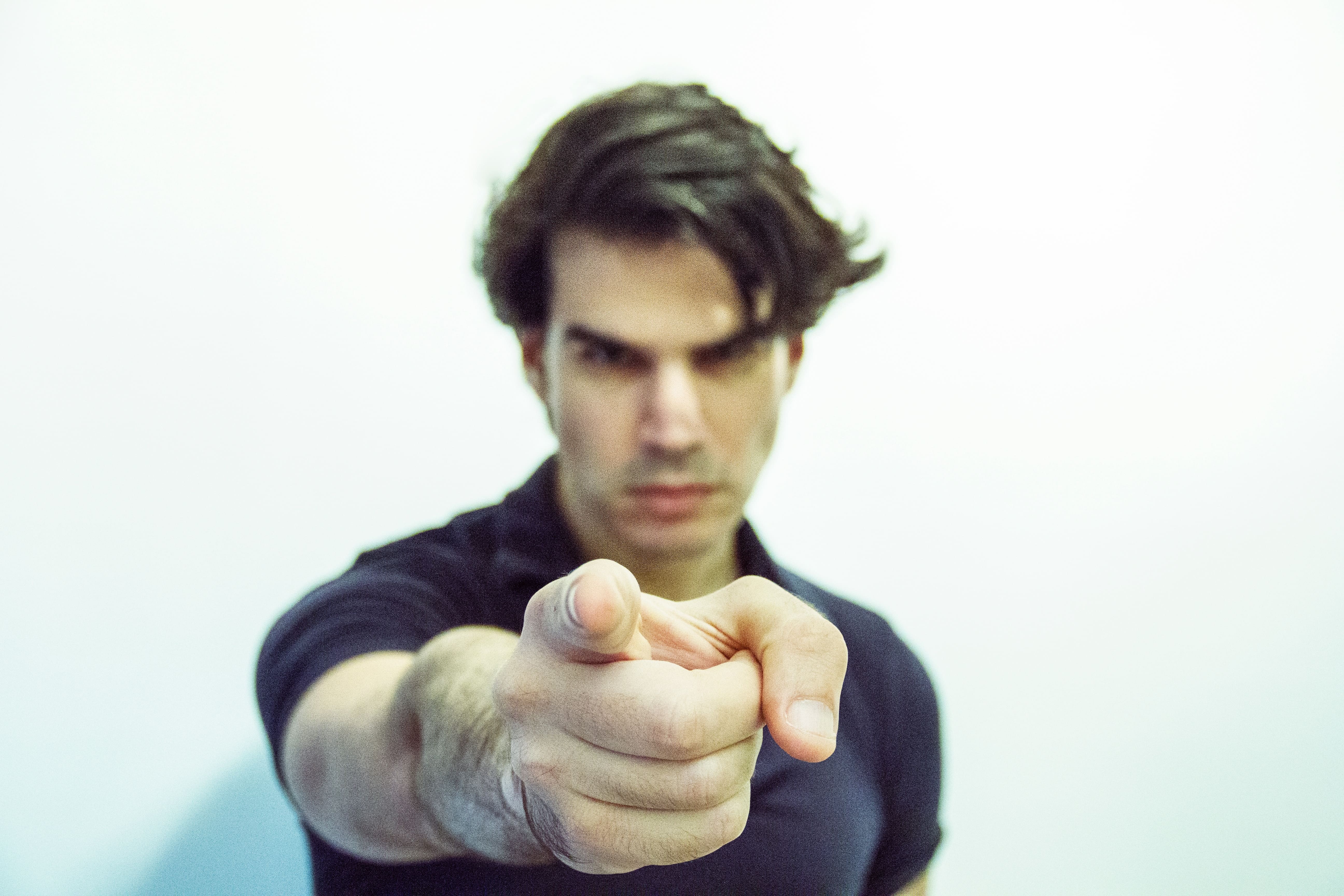Dear Therapist,
I'm finding myself really struggling in my relationship. My partner is, in many ways, a good man—I believe he loves me (or at least he says he does)—but lately, I haven’t always felt loved. In fact, I’ve started to wonder if he even likes me sometimes. He gets frustrated with me easily, and when that happens, I’m often caught off guard and left feeling confused and hurt.
We met three years ago, at a time when I was recovering from a painful relationship with someone who wasn’t kind to me. My current partner’s warmth and attentiveness felt like such a relief. He’s always been thoughtful and has taken good care of me, and I’ve tried to give that same care and love in return.
But more and more, I feel like it’s never quite enough for him. He seems to think I’m falling short—whether it’s not giving him enough time, enough appreciation, enough sex... just not enough. Occasionally he will lash out in anger, but more commonly he gets moody, withdrawn, or makes passive-aggressive comments—‘jokes’ at my expense, or muttered remarks under his breath.
I’ve tried to talk to him about this, but he tends to dismiss my concerns, telling me I’m being overly sensitive, probably because of my past. And while that might be true to some extent, it doesn’t change the fact that this relationship is starting to feel unhealthy as I’m walking on eggshells all of the time.
I’m reaching out because I’m confused and starting to doubt myself. I don’t know how to tell what’s real anymore—whether I’m overreacting, or whether something here really is wrong. I just know I don’t feel okay. I could really use your help.
Signed,
Confused in Love
Dear Confused in Love,
I'm really glad you reached out. The dynamic you’re describing does sound confusing and unhealthy. You mention that your partner is a “good man,” and yet many of his actions don’t feel particularly kind or loving. That mismatch is worth exploring.
Dr Robert Glover introduces the concept of “Nice Guy Syndrome” in his book No More Mr. Nice Guy. The term Nice Guy is actually a misnomer as Nice Guys are often anything but: their behaviours mask deeper issues linked to shame, anger or a fragile sense of self-worth. Nice Guys ‘give to get’ – they believe that if they are good, giving, and caring, they will in return feel happy, loved and fulfilled. They might offer attention, favours or affection with an unspoken expectation of something in return—validation, sex, appreciation. And when that payoff doesn’t come, it can trigger resentment often directed at their partner who unknowingly "broke" the rules of the exchange.
This might explain why, despite your partner’s caretaking behaviours, you don’t feel truly cared for. There's a difference between caretaking and caring, and Nice Guys often engage in the former. Caretaking often comes from a place of inner emptiness—a desire to be needed or loved in return. Caring, on the other hand, flows from a place of love and abundance; it’s about giving what you need, not what he wants to give in order to feel good about himself.
You also write that when you try to raise concerns, he dismisses them or blames your past experiences. Be cautious of labels like “too sensitive,” “dramatic,” or “paranoid”—these can be subtle ways to shut down the conversation and lead you to question your own reality.
Here’s the truth: your feelings are valid. That intuitive sense that “something’s not right here” is worth listening to. It sounds like you’re feeling unloved, blamed and confused which is good reason to pause and re-evaluate.
If your partner is open to self-reflection and willing to explore how his own patterns—perhaps rooted in shame and fear of inadequacy—are affecting the relationship, there may be space for healing and growth for both of you together. In this case, I would recommend seeking the help of a couple therapist. But if he continues to sidestep responsibility for his own feelings, instead masking them with controlling or manipulative behaviour, and if your concerns keep being minimised, then it may be time to consider whether this relationship is truly serving you.
Sometimes the kindest, most loving thing we can do—for ourselves and for the other—is to walk away from an unhealthy dynamic. Please take gentle care of yourself.
Yours,
Kelly Hearn






